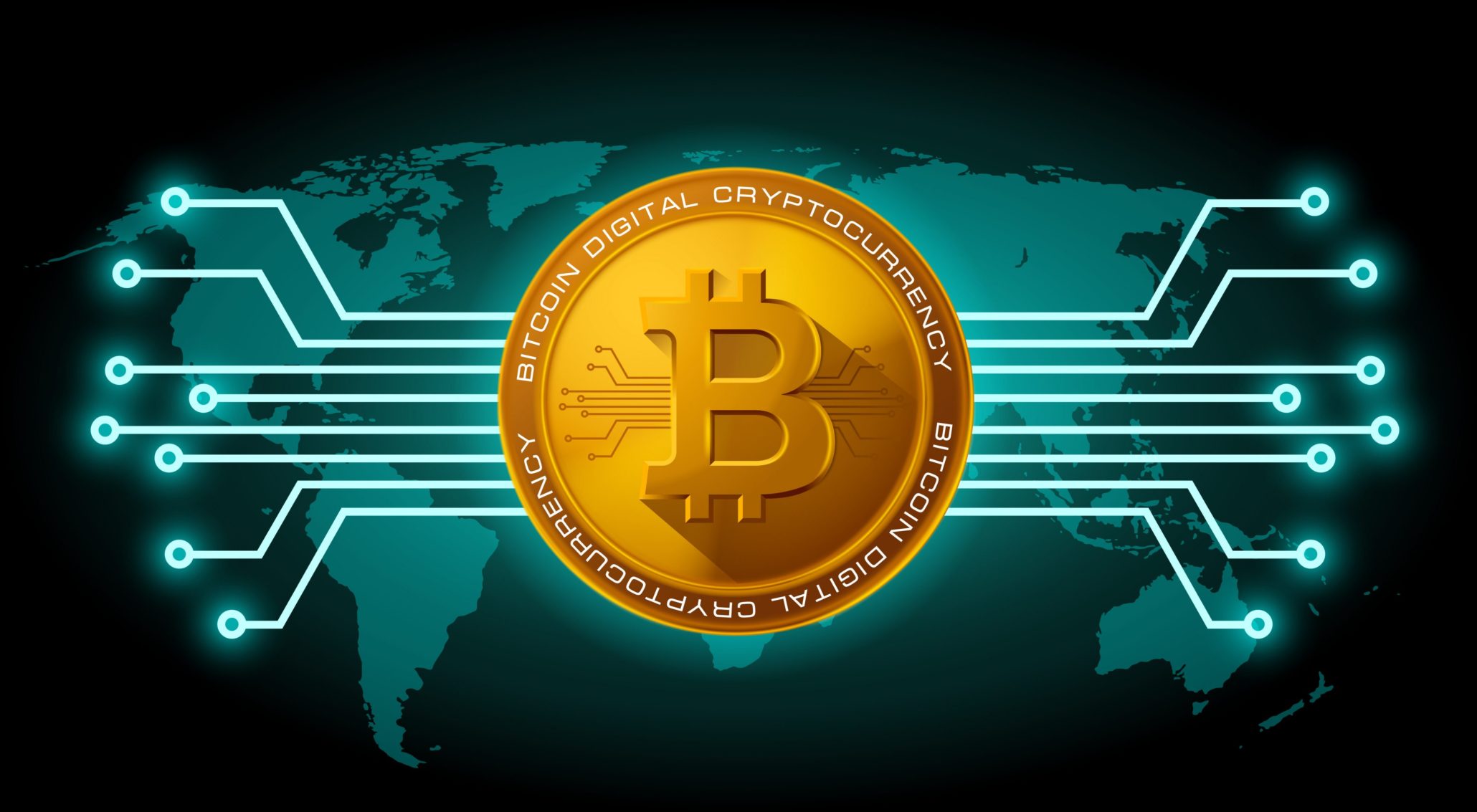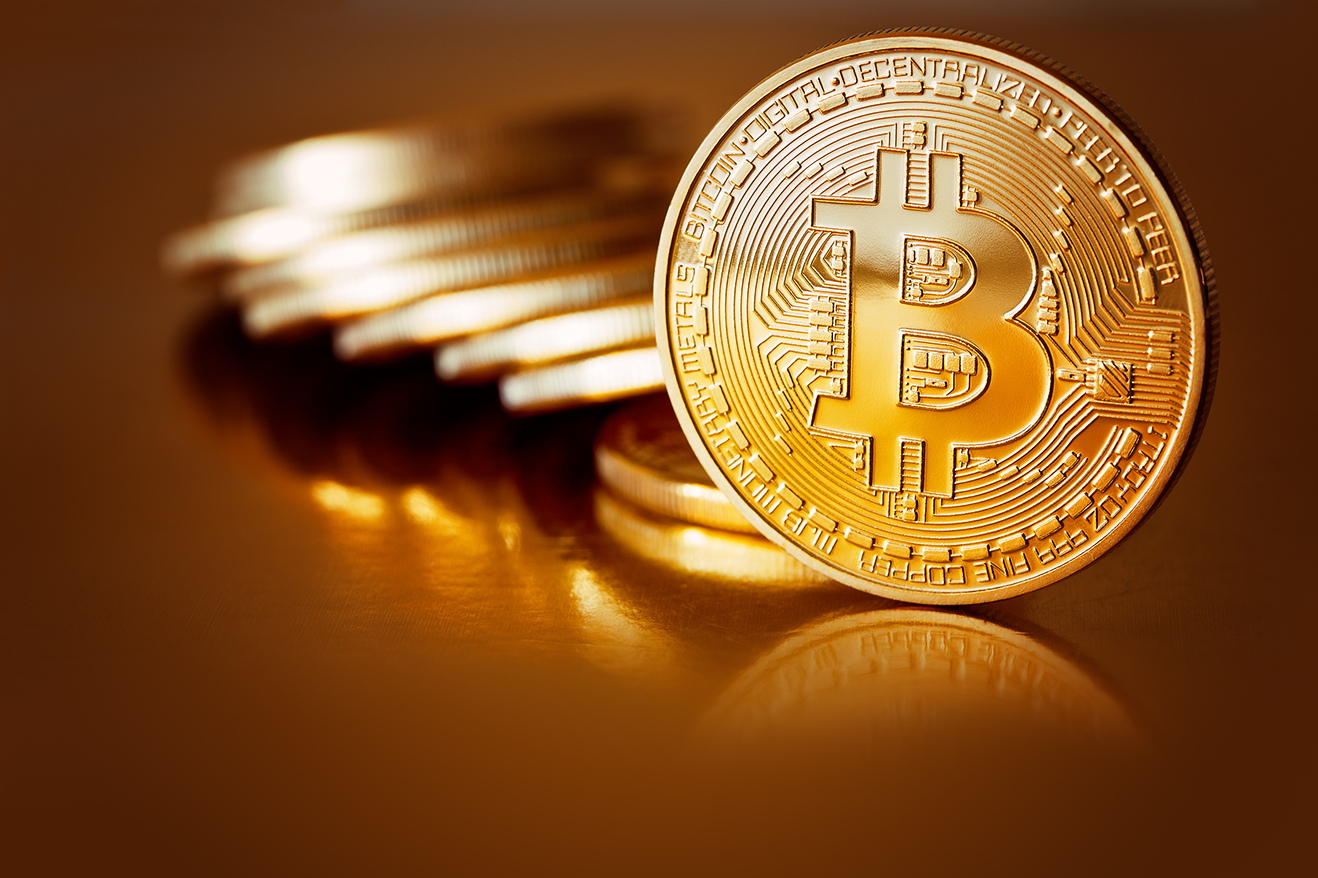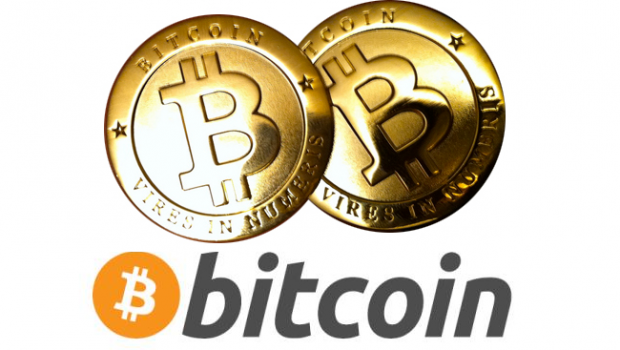Bitcoin is a digital currency (also called crypto-currency) that is not backed by any country’s Central Bank or Government. Bitcoins can be traded for goods or services with vendors who accept Bitcoins as payment. Bitcointo-Bitcoin transactions are made by digitally exchanging anonymous, heavily encrypted codes across a
Read more →The World Bank has called for Central Bank regulation of telecommunication companies offering money transfer and mobile banking services — a move that could raise customer charges owing to increased compliance costs. While recognising that mobile technology offers a chance for an estimated three billion low income
Read more →Many small and medium e-commerce businesses (SMB) are using anti fraud solutions provided by their payment gateways. The most popular payment gateways for the SMB offer very inexpensive services (about $10 -$20 per month) and implement a basic set of filters that include limits of transaction amount,
Read more →Bitcoin, the world’s most successful digital currency, defies this time-tested classification system: It is neither fiat nor representative. It is not fiat, because its supply is actually finite and, more importantly, it lacks any central backing authority. Nor is it representative, because it is not linked to
Read more →




